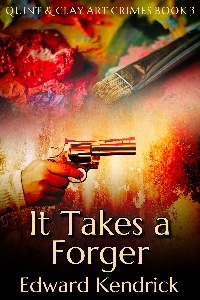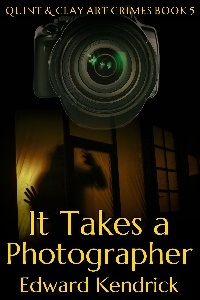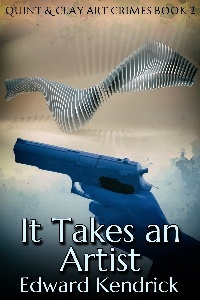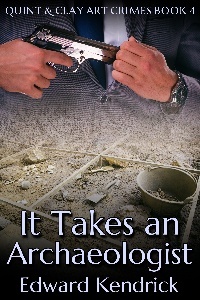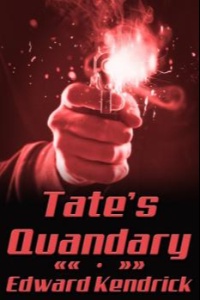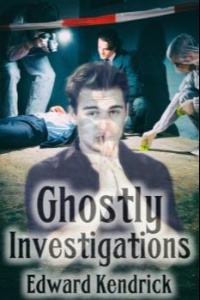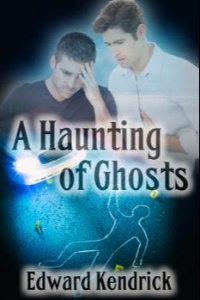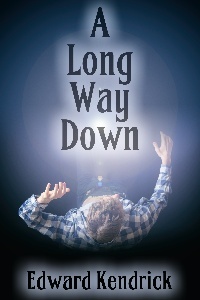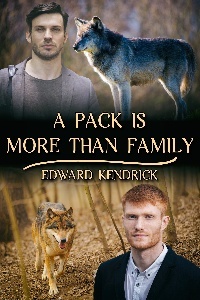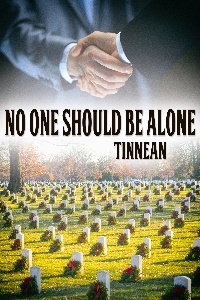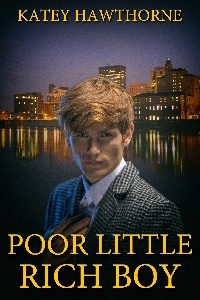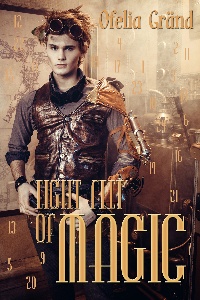Erotic Romance
- Erotic Romance
- Action/Adventure
- African-American
- Alternative (M/M, Gay)
- Anthology
- BDSM
- Chick Lit/Hen Lit
- Contemporary
- Erotica Fiction
- Fairy Tales/Myths
- Fantasy
- Futuristic
- Gothic
- Historical
- Horror/Twisted Tales
- Interracial
- May-December
- Menage a Trois/Quatre
- Multiple Partners
- Older H/h
- Paranormal
- Regency
- Romantic Comedy
- Romantic Suspense
- Rubenesque
- Science Fiction
- Shape-shifter
- Short Stories
- Time Travel
- Vampires/Werewolves
- Western/Cowboys
Mainstream Romance
- Mainstream Romance
- Action/Adventure
- African-American
- Anthology
- Bittersweet/Tragedy
- Chick Lit/Hen Lit
- Contemporary
- Fairy Tales/Myths
- Fantasy
- Futuristic
- Gay/Lesbian
- Gothic
- Historical
- Horror/Twisted Tales
- Inspirational
- Interracial
- Medical
- Paranormal
- Regency
- Romantic Comedy
- Romantic Literature
- Romantic Suspense
- Rubenesque
- Science Fiction
- Shape-shifter
- Short Stories
- Time Travel
- Vampires/Werewolves
- Western/Cowboys
- Women's Fiction
- Young Adult
Non-Fiction
- Art
- Biography & Autobiography
- Business
- Chemistry
- Children Nonfiction
- Computer Technology
- Cooking & Food
- Current Events
- Education
- Entertainment
- Ethics
- Family & Relationships
- Finance
- Folklore
- Gay/Lesbian Nonfiction
- Gender Studies
- General
- Grammar & Language Usage
- Health & Fitness
- History
- Humor
- Language Arts
- Medical
- Military
- Nature
- New Age
- Outdoor Recreation
- Performing Arts
- Pets
- Philosophy
- Political Science
- Professional
- Psychology
- Recovery
- Religion & Spirituality
- Self-Improvement
- Sociology
- Sports & Recreations
- Study Aids & Workbooks
- Text Book
- Travel
- Women's Studies
- Young Adult Nonfiction
The Element Case (MM)
Quint & Clay Art Crimes
JMS Books LLC
Clay Richardson is a well-known artist who owns his own gallery.
Quint Hawk, a police detective, makes contact with Clay when he sees a portrait Clay has painted in the window of the gallery -- a portrait of a homeless young man who was murdered just days before. Unfortunately, Clay has no idea who the subject was.
Several months later, Quint contacts Clay to again ask about one of Clay's paintings. The subject has been murdered, as has a third man in another of his paintings.
The reclusive artist and the handsome detective are drawn to each other as they try to determine what is happening and why. They come up with a plan to catch the killer -- a plan that could end up in their deaths before they can decide if there is more to their feelings than a couple of very good nights in Clay's bed.
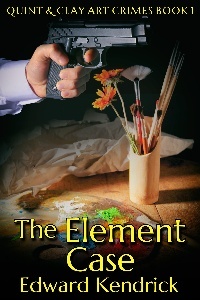
The Element Case (MM)
Quint & Clay Art Crimes
JMS Books LLC
More From Quint & Clay Art Crimes
"Clay," Amanda said as soon as he answered the phone a week after the gallery show, "there's a police detective here who says he needs to talk with you. Should I give him your address?"
Frowning, Clay asked, "Did he say what it was about?"
"No, and I did ask."
"Tell him I'll be there in ... fifteen minutes, give or take."
"All right."
As soon as they'd hung up, Clay took the brushes he was using over to the sink to clean them, glad as always that he worked in acrylics and didn't have to soak them in paint thinner or turpentine first. When he was finished, he changed into a clean shirt and took off for the gallery.
"Mr. Richardson," Detective Quint Hawk said the moment Clay walked through the doors. "I don't know if you remember me."
"I do. You were investigating the murder of the boy in Element of Woe. Did you find his killer?"
"Unfortunately, not so far. And there have been two more since then."
"Oh?"
"One of the victims was that young man." Quint pointed to Element of Delight.
"What the hell? Are you certain? And how did you find out about the painting in the first place?"
"There was an article in the Arts section of the paper about your most recent show. They used a photo of it in the story."
Clay shook his head. "You're certain it's the same person?"
Quint took an envelope from his jacket pocket, opened it and handed Clay a photo. "It's a morgue shot of the victim's face."
Clay looked at it. It was obvious the young man was dead, but he had no doubt it was the same one he'd seen -- and sketched -- two months earlier. "I don't understand. How? Why?"
"That's what I'd like to know," Quint replied grimly.
"Surely you don't think I had anything to do with their deaths."
Instead of answering Clay, Quint took another envelope from his pocket, removed a photo, and handed it to him. "Do you recognize this guy?"
Clay barely nodded, beckoning for the detective to follow him into the storage room behind the gallery. Going to one wall, Clay shuffled through the canvases stored in the racks, finally pulling one out. It was the same size at the other two Element ones, a foot-and-a-half by two foot.
"What do you call this one?" Quint asked, studying the painting.
"Element of Frustration." Clay contemplated it for a moment. "I debated whether this one was sellable or not. Amanda said it was and hung it for a few days. Then she took it and a couple of other ones down to make room for paintings by one of the other artists we handle." He shrugged. "So maybe I was right and it's not."
"It looks good to me. Or," Quint amended, "or it would if it weren't for the fact that the subject is a murder victim."
"And after seeing this, you're sure I'm the killer," Clay said sardonically, torn between anger and dread.
"Let's say you're not at the top of the list but you're not off it either. Unless you're a psychopath, I don't see you hanging their pictures in the gallery and putting them up for sale if you were the killer. You might be a total ass at times, but I doubt you're crazy."
Clay managed to smile. "Some people might dispute that."
Quint chuckled before asking, "Do you remember where the guy in that picture was when you drew him?"
Clay studied the face. "Somewhere downtown. That's where I find a lot of my subjects -- there or in clubs. The variety of people is better. I can check my sketches when I get home to see if I wrote it down. Often as not, if I really like a particular subject, I make a note on the sketch, in case I want to find them again."
"I can see why you focus on the downtown area, because there's more types of people, but in clubs?"
"How often have you gone to a club and really looked at the people there?"
Quint shrugged. "I think the last time I was at one was when I met you the first time."
"Okay. Next time you go, study the faces and the bodies. You get everything from 'Please give me a chance.' to 'I can have anyone I want because I'm tall, dark, and handsome.' Tall, short, overweight, thin ... Well, you get the picture. All in one spot. It's the same downtown -- business people, tourists, the homeless. The teens hanging out because they have nothing better to do with their time than spend it with friends who are just as bored as they are."
"True, I suppose. Another question. How much time is there between when you do your sketches and when the finished painting is hung here in the gallery?"
People Also Bought:
Need Help?
Siren-BookStrand Portal | Privacy Notice | Disclaimer | Content Restrictions

